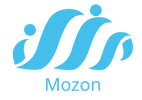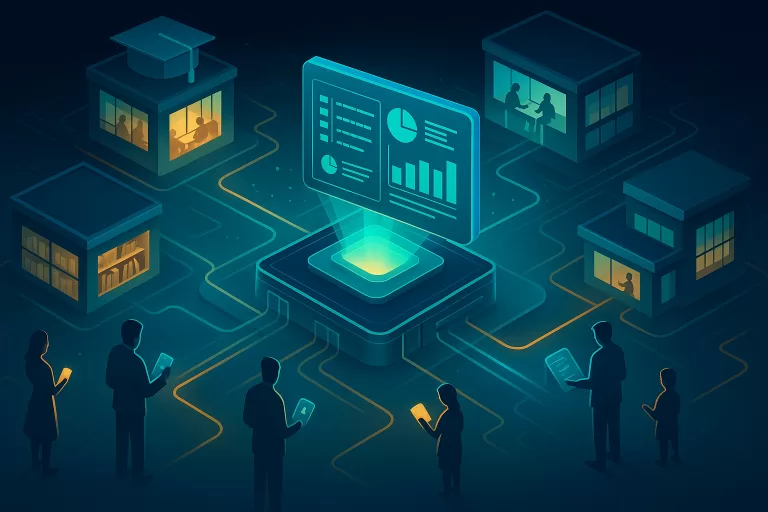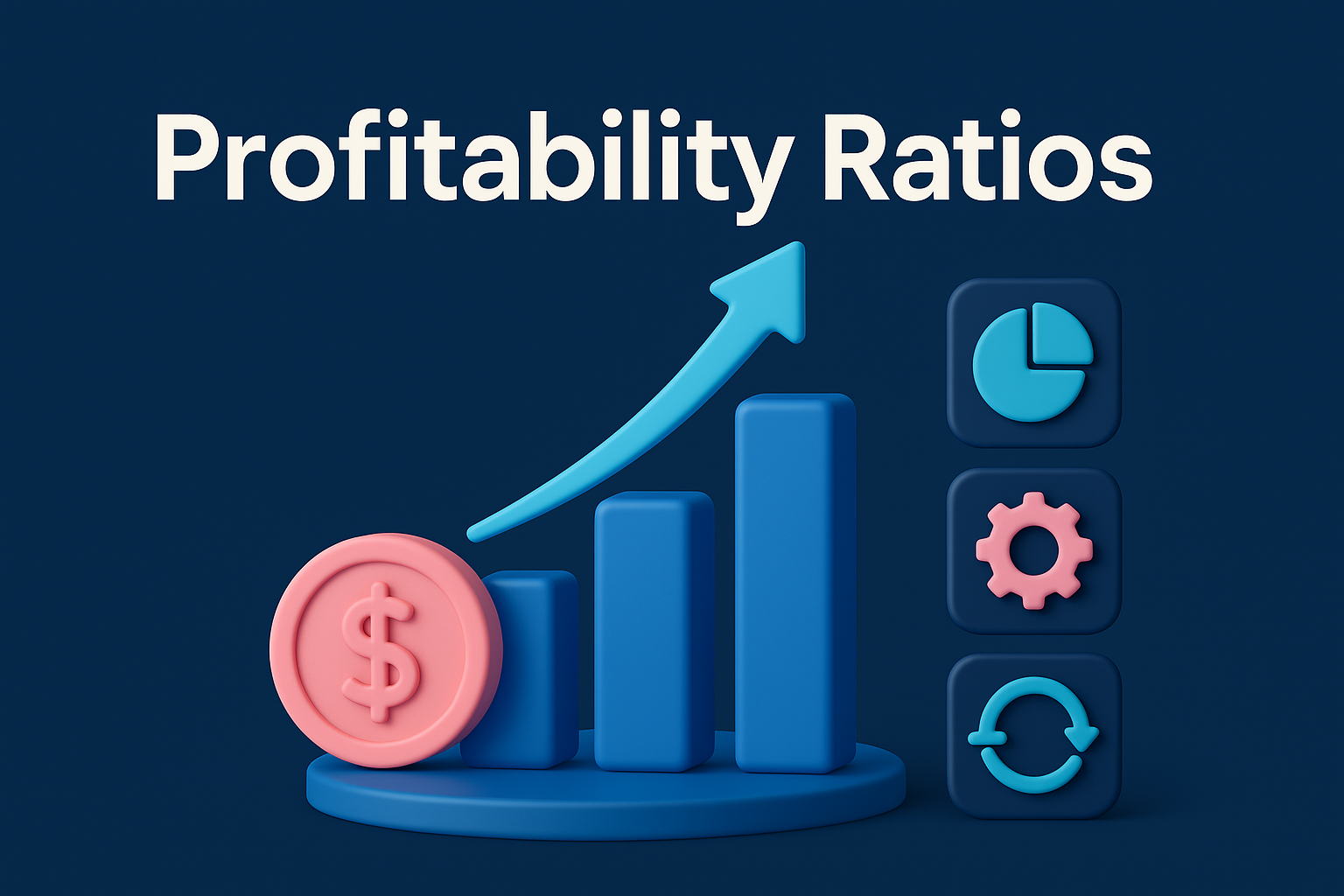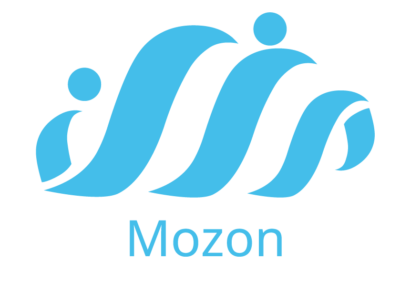1. Introduction
A school ERP system is a centralized, software-based platform designed to integrate key academic, administrative, and business functions of educational institutions into one seamless system. It spans student lifecycle management, finance, HR, admissions, attendance, examination, and parent communication.
As schools in Saudi Arabia, Jordan, Egypt, and beyond embrace digital transformation, a robust ERP tailored for education becomes essential for efficiency, compliance, and enhanced learning outcomes.
2. Challenges Facing Educational Institutions
Educational institutions in the Middle East face growing complexity:
-
Disconnected tools for admissions, attendance, finance, and academic records.
-
Manual processes leading to data inconsistency and time delays.
-
Difficulty tracking student performance, finances, and compliance metrics.
-
High administrative overhead consuming faculty and staff time.
A unified platform—i.e. school ERP system—provides the cohesion institutional leaders need to manage these aspects effectively.
3. Key Features & Benefits of a School ERP System
a. Administrative & Student Information Integration
Centralizes student registrations, enrollment, attendance, grades, and behavior records into a unified SIS (Student Information System) for real-time visibility and accuracy.
b. Workflow Automation & Embedded Controls
Automates admissions, fee management, scheduling, and HR workflows. Built-in validation mechanisms help prevent data errors and ensure compliance with institutional policies.
c. Financial & Payroll Consolidation
Links student billing, fee transactions, vendor payments, payroll, and finance within one ledger system—providing transparency with automated reconciliation.
d. Campus-Wide Analytics & Reporting
Real-time dashboards enable administrators to track operational KPIs, resource allocation, student performance, and financial health across departments and campuses.
e. Multi-Campus & Scalability
Supports intercampus coordination—critical for schools operating in multiple locations or offering various international curricula.
f. Mobile Access & Parent Engagement
Cloud and mobile-enabled portals allow students, parents, and teachers to access grades, schedules, announcements, and fees online boosting engagement and transparency.
4. How Mozon Technologies Delivers a School ERP System
▪ Tailored Modules for Educational Institutions
Mozon develops a modular ERP system inclusive of student administration, finance, HR for faculty/staff, academic management, e‑learning tools, and analytics—built specifically for the educational sector.
▪ Regional Compliance by Design
Systems are pre-configured to handle local regulations across Saudi Arabia, Jordan, and Egypt—covering student tracking mandates, financial reporting norms, and labor compliance.
▪ Integration with Learning Management Tools
Mozon’s platform connects seamlessly with academic platforms like LMS, timetable management, exam modules, and parent-teacher communication tools.
▪ Cloud-Based & Secure
Delivered as a cloud SaaS solution, Mozon ERP offers reliable uptime, secure data storage, and scalability—ideal for single schools or multi-campus institutions.
5. Real Impact: Institutional Efficiency & Quality
-
Administrative Load Reduction: Shifting from spreadsheets and paper processes to automated workflows.
-
Cost Management: Lower overhead from manual processes and reconciliations.
-
Student-Centered Experience: Faster enrollment, accurate grading, and parent access through self-service portals increase satisfaction.
-
Data-Driven Decisions: Dashboards allow school leadership to monitor student retention, performance metrics, and operational bottlenecks.
6. Best Practices for Implementing a School ERP
-
Map existing manual workflows to prioritize automation.
-
Start with core modules (admissions, attendance, billing) before adding advanced features like analytics.
-
Train users: teachers, admin staff, and school leaders to ensure adoption.
-
Define governance and access roles—protect sensitive student/faculty data.
-
Continuously evaluate system usage using KPIs like time-to-enroll, fee collection rate, attendance accuracy.
7. Trends Shaping School ERP in 2025
-
AI-powered IDP: Automated data extraction from admission forms and exam papers.
-
Integrated SIS/ERP platforms: Merging academics with finance and HR into unified systems.
-
Modular, scalable SaaS ERP: Subscription-based models that adapt with institutional growth.
-
Mobile-first user experiences: Apps for parents and students to streamline communication.
-
Cloud infrastructure supporting real-time collaboration and secure remote access.
8. Why Mozon for Your School ERP Needs
-
Education-specific modules backed by industry knowledge.
-
Localization for MENA markets, ensuring alignment with ministries and accreditation frameworks.
-
Flexibility: Start small and scale with additional modules as needed.
-
Security and data privacy compliance built into the core platform.
9. Conclusion
A modern school ERP system is more than an administrative tool—it’s the backbone of operational excellence, parent communication, and student-centered education. Institutions that digitize and automate with the right platform save time, reduce cost, and uplift educational quality.
Understanding the regional context, Mozon Technologies delivers ERP solutions built for schools in Saudi Arabia, Jordan, Egypt, and beyond—combining specialization, flexibility, and security to help your institution thrive in the digital era.
Sources
-
Education ERP benefits, administration integration, and automation insights edsembli.com+3nextos.in+3creatrixcampus.com+3
-
Financial and HR integration for schools sparkrock.comcreatrixcampus.com
-
Education sector challenges & ERP as solution in MENA AI EDU ERP+8academiaerp.com+8sparkrock.com+8
-
SaaS and cloud-based school ERP trends in the Middle East sparkrock.com+12SourceForge+12slashdot.org+12





